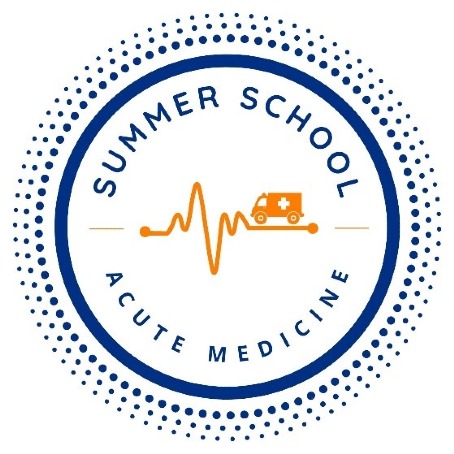After this course you will be able to:
1. Comprehensive Understanding: Develop a comprehensive understanding of acute medicine, including its principles, challenges, and evolving trends.
2. Personalized Medicine: Gain insights into the concept of personalized medicine and its applications in acute care, enabling tailored treatments for better patient outcomes.
3. Innovations in Acute Care: Explore the latest innovations and technologies transforming acute care, such as AI-driven diagnostics, telemedicine, and wearable devices.
4. Emergency Department Evolution: Understand the evolving landscape of Emergency Departments, including design, workflow optimization, and patient-centric approaches.
5. Patient-Centered Care: Develop skills in providing patient-centered care, with a focus on empathy, communication, and cultural sensitivity.
6. Critical Thinking and Problem-Solving: Enhance critical thinking skills to analyze complex acute medical cases, make informed decisions, and develop innovative solutions.
7. Collaborative Interdisciplinary Approach: Promote collaboration and teamwork among healthcare professionals, researchers, and students from diverse backgrounds.
8. Ethical and Legal Considerations: Explore the ethical and legal aspects of acute medicine, including informed consent, confidentiality, and end-of-life care.
9. Research and Innovation: Encourage research skills development and foster innovative thinking in acute care, with opportunities to engage in research projects.
10. Communication Skills: Enhance communication skills for effectively conveying medical information to patients, families, and healthcare teams.
11. Leadership and Adaptability: Cultivate leadership qualities and adaptability in the fast-paced and evolving field of acute medicine.
12. Networking and Professional Growth: Build a network of peers, mentors, and professionals in the acute care field, contributing to ongoing professional growth and development.
13. Global Health Perspective: Gain insights into global health challenges related to acute medicine and explore potential solutions and collaborations.
These learning outcomes ensure that participants leave the summer school with a well-rounded education and the skills needed to excel in the field of acute medicine while contributing to the advancement of patient care and research.
Workload
Upon successful completion of the programme, the Summer School offers a Certificate of Attendance that mentions the workload of 40 hours (28 hours corresponds to 1 ECTS). Students can apply for recognition of these credits to the relevant authorities in their home institutions, therefore the final decision on awarding credits is at the discretion of their home institutions. We will be happy to provide any necessary information that might be requested in addition to the certificate of attendance.

